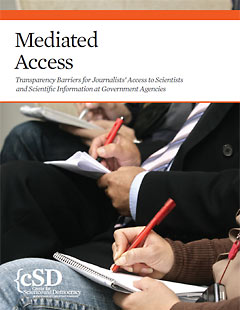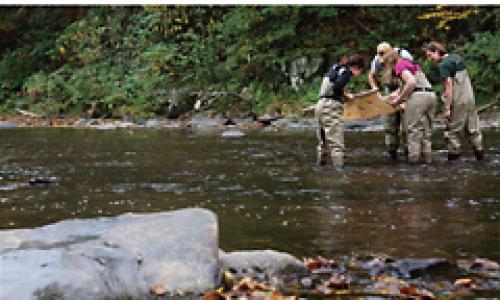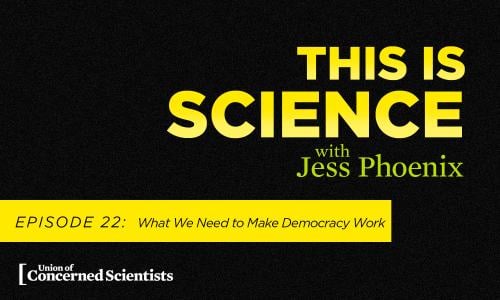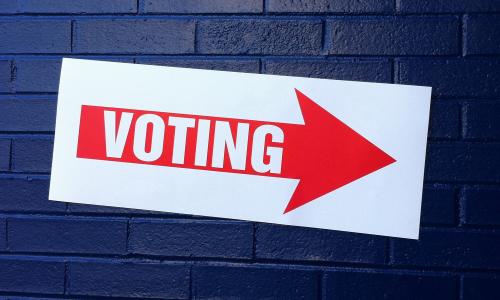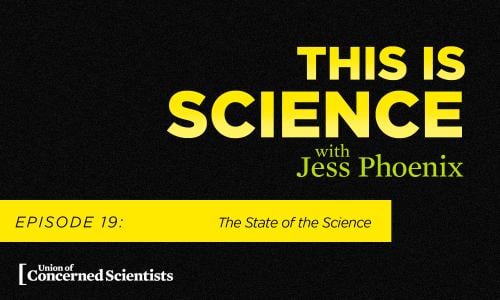Transparency invigorates a strong democracy. As citizens, we have the right to know about the scientific information shaping policies that affect our health, our safety, and the environment. Our government has a responsibility to share this information openly.
Journalists play a key role in this process. When they can have frank and honest conversations with government scientists, they can do a better job of communicating accurately about the issues these scientists work on. And when agency scientists are free to speak candidly to reporters about their work, this transparency fosters public trust and confidence in the agency.
Although more than a quarter of journalists in our survey disagreed with the statement “the public is not getting all the information it needs because of barriers agencies are imposing on journalists’ reporting practices,” more than half agreed and 25 percent strongly agreed.
At the same time, federal agencies face pressures—such as resource constraints, potential litigation, and political scrutiny—that work against transparency. Agency public information staff may argue that limitations on access are needed to protect the agency and its scientists from unjustified attacks. These concerns are real, but they need to be balanced with a commitment to transparency and open communication.
In their responses to a survey conducted jointly by UCS and the Society of Professional Journalists, a majority of science writers say that they are not getting the information they need to fully and accurately inform the public. The survey results, supplemented by interviews with a smaller group of journalists who frequently contact government agencies, form the basis of our 2015 report, Mediated Access.
